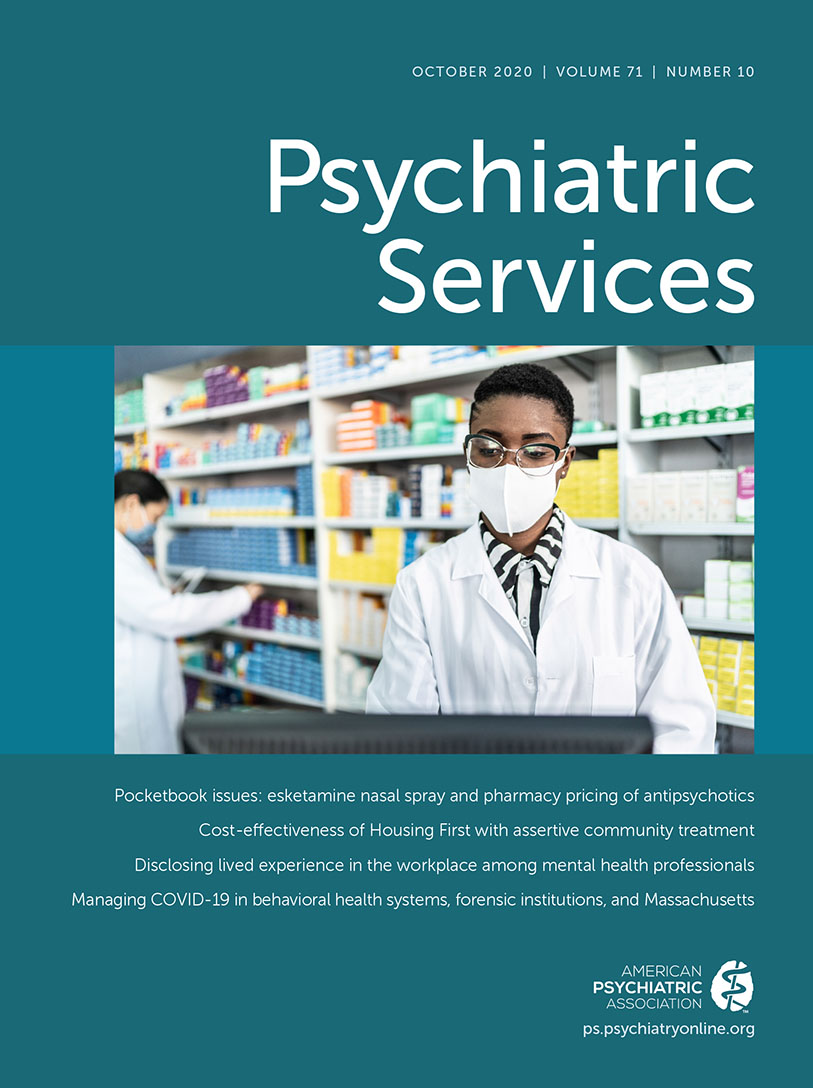COVID-19 Emergency Reforms in Massachusetts to Support Behavioral Health Care and Reduce Mortality of People With Serious Mental Illness
Abstract
People with serious mental illness are at disproportionate risk of COVID-19 morbidity and mortality because of high rates of risk factors that directly parallel those related to poor coronavirus outcomes, including smoking, chronic obstructive pulmonary disease, cardiovascular disease, and diabetes, along with housing instability, homelessness, food insecurity, and poverty. Community-based behavioral health organizations are also at risk of adverse outcomes because of dramatic declines in revenues and a diminished workforce. The State of Massachusetts has responded to this crisis by rapidly implementing a variety of policy, regulatory, and payment reforms. This column describes some of these reforms, which are designed to enhance remote telehealth delivery of care, ensure access to needed medications and residential care staff, and support the financial livelihood of community-based behavioral health services.



